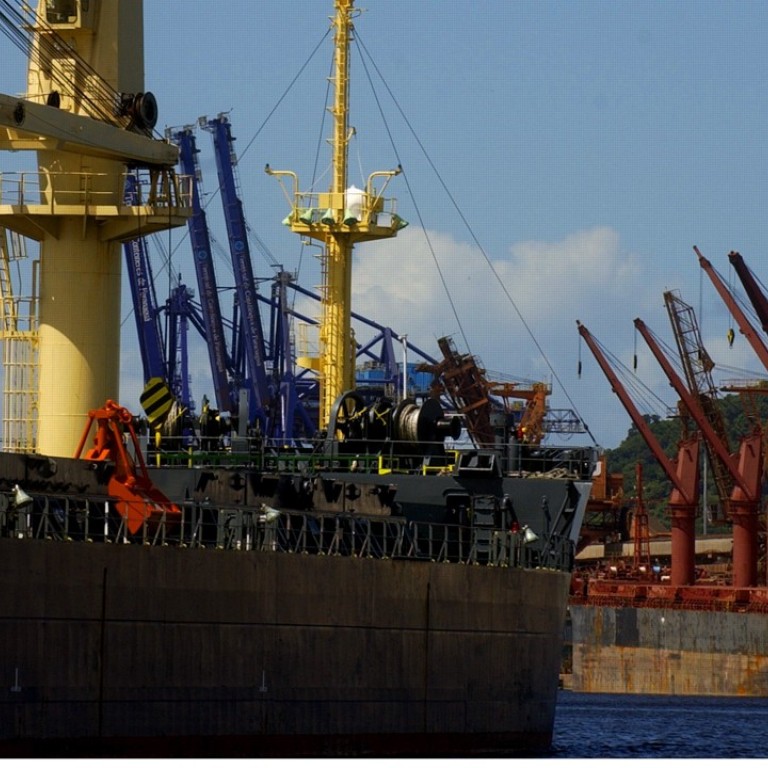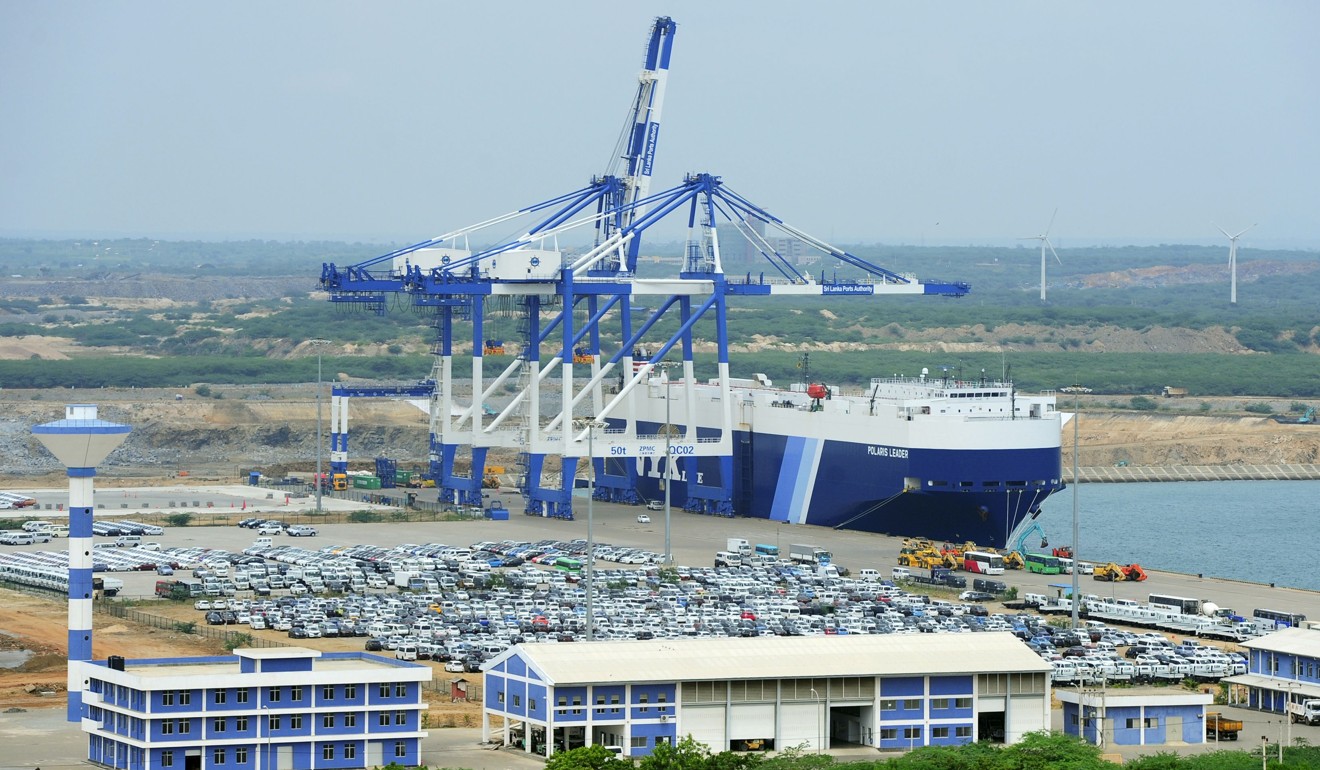
Update | China Merchants Port to buy Brazil’s second largest container port for US$920 million
The deal is China Merchants Port’s second major investment in three months
Transportation conglomerate China Merchants Port Holdings is buying a 90 per cent stake in TCP Participações S.A, the operator of Brazil’s second largest container terminal, for 2.89 billion Brazilian reals (US$920 million).
TCP and its subsidiaries operate the port of Paranaguá in southern Brazil, around 300 kilometres from Sao Paulo.
China Merchants Port operates ports in mainland China and Hong Kong, as well as around the world in locations including Sri Lanka, Djibouti and the United States. The new deal is part of its expansion into Latin America.

“TCP is not only CM Port’s cornerstone to enter Brazil, but also the future hub of the rising commodity and goods trade flow between Brazil and China,” CM Port managing director Bai Jingtao said in a statement.
The deal was announced during Brazil’s president, Michel Temer’s, visit to China for the BRICS summit in Xiamen.
Corrine Png, chief executive of Crucial Perspective, a transport industry research firm, said that from a short term perspective China Merchants Port’s acquisition was not cost-effective.
“This is a pricey acquisition considering that TCP was loss-making in 2016 and the implied valuations based on its 2016 net asset value and 2015 profits also look expensive.”
In 2016, TCP made a loss of 7,954 rials.
Png said that the deal looked more attractive from a longer term perspective.
“Latin America accounts for 13 per cent of global container shipping trade volume and TCP is the second largest container terminal in Brazil. Good port assets are also rarely put up for sale,” Png said.
The port of Paranaguá has an annual capacity of 1.5 million TEU, which is set to rise to 2.4 million TEU a year on completion of its expansion plan expected to be finished in 2019.
In comparison, the port of Hong Kong has a capacity of over 20 million TEU.
TEU refers to twenty foot equivalent unit, the standard measure of a port’s capacity, and is equivalent to a standard shipping container.
Chinese outbound investment has slowed this year under tighter restrictions from both the National Development and Reform Commission, and the State Association of Foreign Exchange.
However, last month the State Council issued new rules laying out which industry sectors were being encouraged, restricted and banned when it comes to overseas investment.
Logistics was named as a sector that was encouraged.
“Exporting China’s infrastructural capacity is in line with the official strategy and Chinese companies, especially SOEs (state owned enterprises), have been making significant investments in ports, roads and logistics companies,” said Vivian Lam, partner at Paul Hastings.
So far this year, there have been nine outbound acquisitions by Chinese companies in the logistics sector, with a combined value of US$39.2 billion, according to Mergermarket data.
China Merchants Port has been among them, and said in July it would invest US$1.12 billion to develop, manage and operate Sri Lanka’s Hambantota port.
Png said she expected China Merchants Port to make more acquisitions in future.
“Although this is a substantial acquisition, China Merchants Port Holdings can afford it, as it is well-capitalised. Even after funding for this TCP acquisition, China Merchants Port Holdings can easily shell out another HK$15 billion to fund future acquisitions.”

